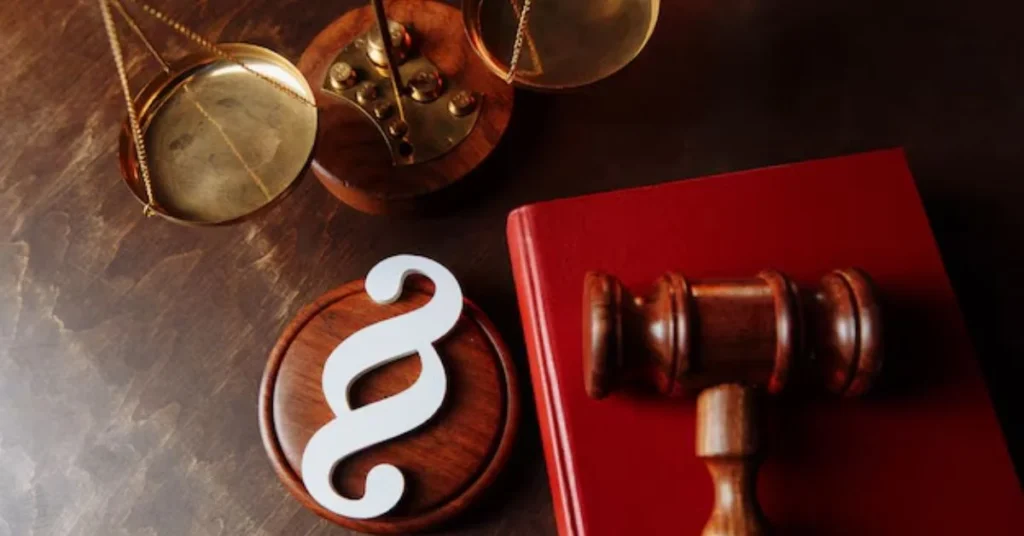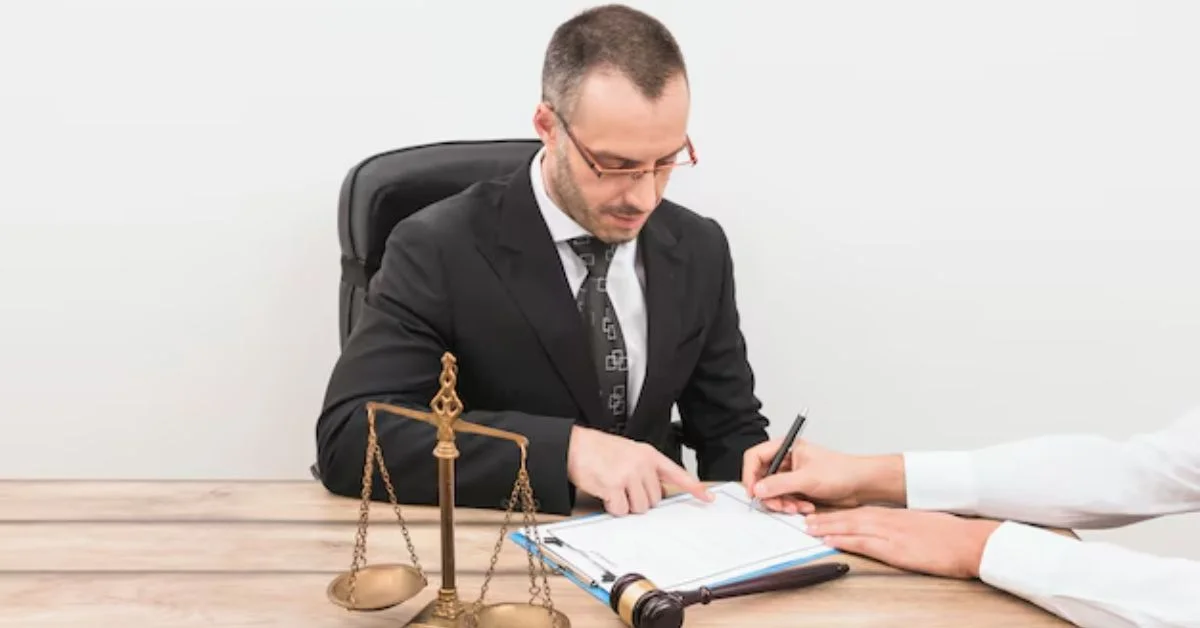Probation is a critical component of the criminal justice system, serving as an alternative to incarceration that allows individuals to serve their sentences in the community under certain conditions. However, violations of probation can lead to serious legal consequences. This article explores the nuances of probation violations, the process that follows a violation, and how recent probation violation news impacts individuals and the legal system.
What Is Probation?
Probation is a court-ordered period during which a convicted offender remains under the supervision of a probation officer instead of serving time in jail or prison. It is designed to provide a chance for rehabilitation while still holding the individual accountable for their actions. Probation typically includes various conditions, such as regular check-ins with a probation officer, mandatory drug testing, community service, and refraining from criminal activity.
The Importance of Compliance
Complying with probation conditions is essential for maintaining one’s freedom. When an individual violates probation, it can trigger a series of legal proceedings that may result in revocation of probation and imposition of the original sentence. The concept of probation violation news comes into play when discussing the outcomes and implications of such violations.
The Process Following a Probation Violation
When a probation officer believes an individual has violated the terms of their probation, they must file a probation violation report. This document serves as the foundation for a formal court process aimed at addressing the violation. Below, we outline the critical steps involved in this process:
1. Filing the Violation Report
The probation officer is responsible for documenting the specifics of the violation in a report, which is then submitted to the court. This report includes details about the alleged violation, evidence supporting the claim, and any other relevant information.
2. The Probation Violation Hearing
Once the report is filed, a probation violation hearing is scheduled. During this hearing, the probationer has the right to be represented by legal counsel. The presence of an attorney is crucial, as they can advocate on behalf of the probationer and challenge the evidence presented by the state.
3. Burden of Proof
At the hearing, the state bears the burden of proving the violation by clear and convincing evidence. This standard is higher than a preponderance of the evidence but lower than beyond a reasonable doubt. The prosecution must establish:
- That the probationer violated the terms of probation.
- That the violation was willful and intentional.
- That a sanction is appropriate based on the nature of the violation.
4. Court’s Discretion in Sanctions
The court has broad authority to impose sanctions for probation violations. Possible sanctions include:
- Additional Jail Time: The court may impose a period of incarceration as a consequence of the violation.
- Extension of Probation: In some cases, the court may choose to extend the probation period, placing the individual under supervision for a longer time.
- Executed Sentence: If deemed necessary, the court may execute the probationer’s original sentence, requiring them to serve the remaining time in prison.
The judge must provide specific findings justifying the execution of the sentence, demonstrating that the need for confinement outweighs the policies favoring probation.

The Role of Legal Counsel
Having an attorney represent a probationer during these proceedings is vital. An experienced attorney can challenge the evidence presented by the state, argue that no violation occurred, and negotiate for a lesser sanction if a violation is proven. They understand the legal nuances and can effectively advocate for their client’s rights.
Recent Trends in Probation Violation News
Staying updated on probation violation news is crucial for understanding how these violations are handled in the legal system. Recent developments highlight several trends:
1. Increased Scrutiny
Courts are increasingly scrutinizing probation violations and their implications for rehabilitation. Many jurisdictions are seeking alternatives to incarceration, emphasizing the importance of rehabilitation over punishment. This shift is reflected in probation violation news, as courts often explore restorative justice options and diversion programs.
2. Legislative Changes
Recent legislative changes in some states have altered how probation violations are addressed. For instance, laws may now require more extensive evidence before a violation can be substantiated, or they may mandate that certain first-time violations result in a warning rather than an immediate sanction.
3. Public Awareness and Advocacy
There is a growing public awareness regarding the complexities of probation and the impact of violations. Advocacy groups are pushing for reforms to ensure that individuals on probation are treated fairly and given the necessary support to comply with their terms.
4. Technological Advances
Advancements in technology, such as electronic monitoring and data analytics, are influencing how probation is supervised. These tools can help probation officers monitor compliance more effectively, but they also raise concerns about privacy and the potential for unjust penalties.
5. High-Profile Cases
High-profile probation violation cases often make headlines, highlighting the consequences of violations and the judicial process involved. These cases can influence public perception and lead to calls for reform in how probation violations are handled.
6. Mental Health and Substance Abuse Issues
Many individuals on probation face underlying issues such as mental health disorders and substance abuse. Recent probation violation news has focused on addressing these issues within the probation framework, leading to increased support services and treatment options rather than punitive measures.
Conclusion
Understanding the complexities of probation violations is essential for individuals navigating the criminal justice system. The implications of a probation violation can be severe, potentially leading to incarceration and other long-lasting consequences. Staying informed about probation violation news helps individuals and their families make educated decisions during this challenging time.
Legal representation is critical, as attorneys provide valuable advocacy to protect the rights of probationers. As trends in probation violation news evolve, it’s crucial to consider the broader implications of these changes for rehabilitation, fairness, and justice.
Frequently Asked Questions
1. What constitutes a probation violation?
A probation violation can include failing to meet with a probation officer, missing court-mandated appointments, failing drug tests, committing a new crime, or not adhering to the specific conditions set forth by the court.
2. How is a probation violation proven in court?
The state must prove the violation by clear and convincing evidence, demonstrating that the violation occurred, was willful and intentional, and that a sanction is appropriate.
3. Can a probation violation lead to jail time?
Yes, a probation violation can result in additional jail time, an extension of the probation period, or execution of the original sentence.
4. Do I need an attorney for a probation violation hearing?
Yes, having an attorney is crucial as they can advocate on your behalf, challenge the evidence against you, and negotiate for lesser sanctions if a violation is proven.
5. What are the possible sanctions for a probation violation?
Sanctions can include additional jail time, extending the probation period, or executing the original prison sentence.
6. How can I stay updated on probation violation news?
You can stay informed by following local news outlets, legal blogs, and government websites that report on criminal justice issues and probation violation cases.









